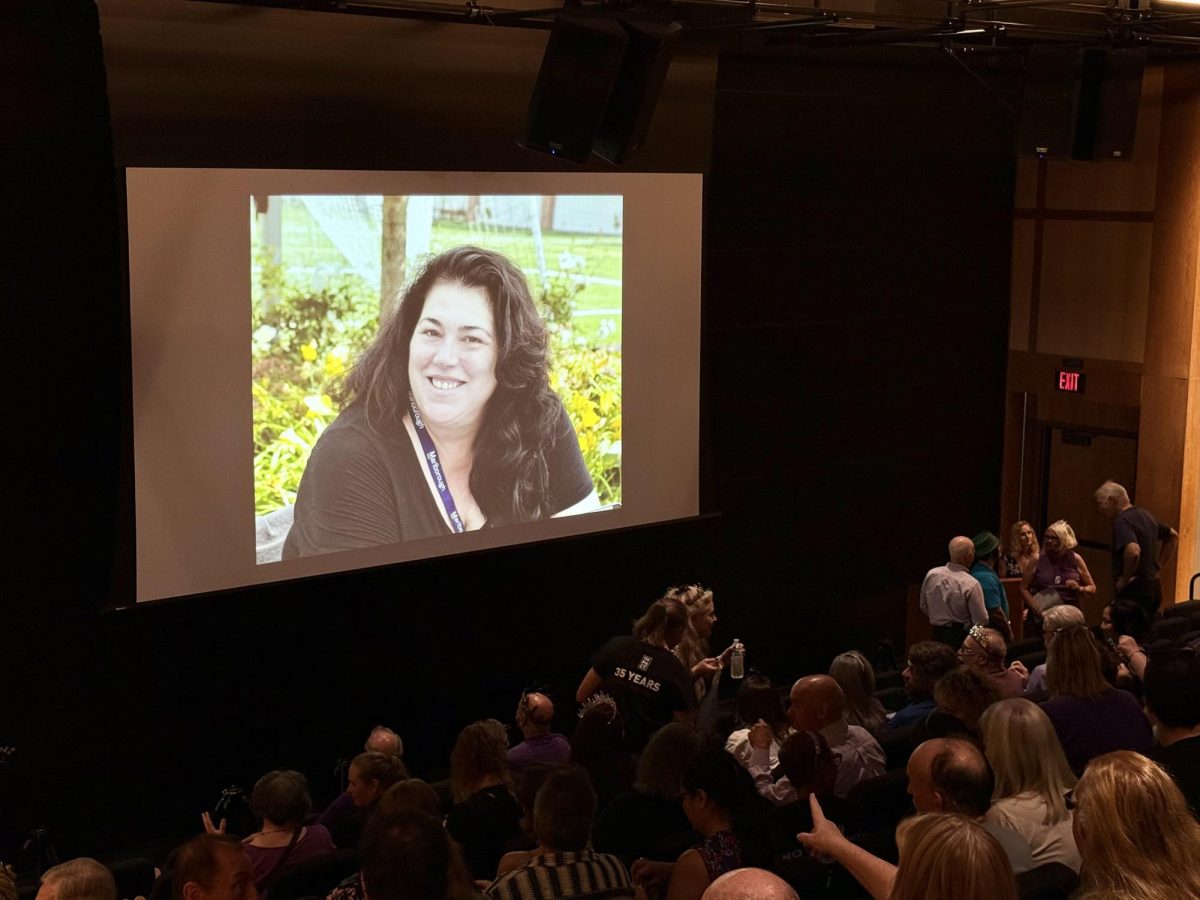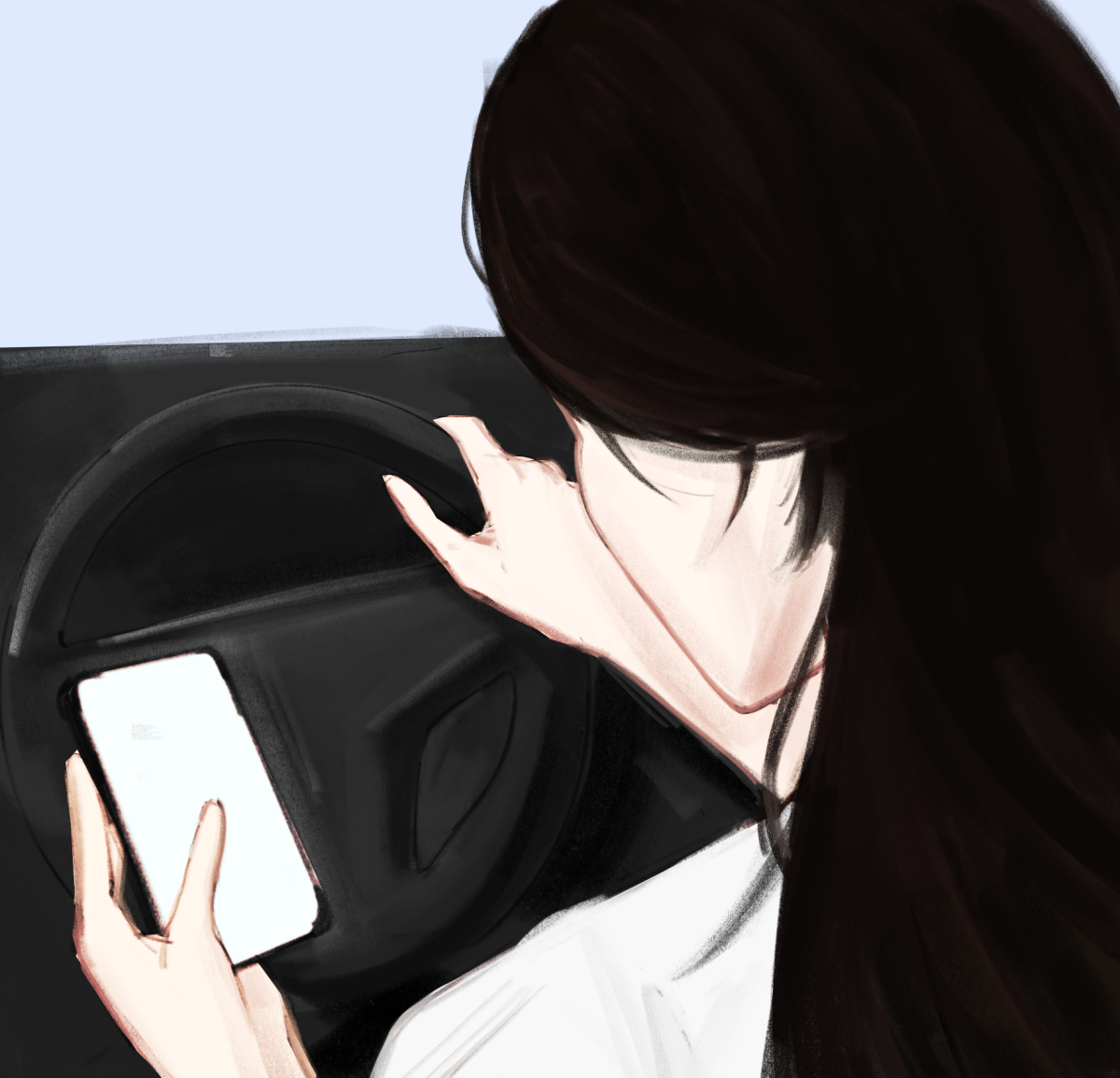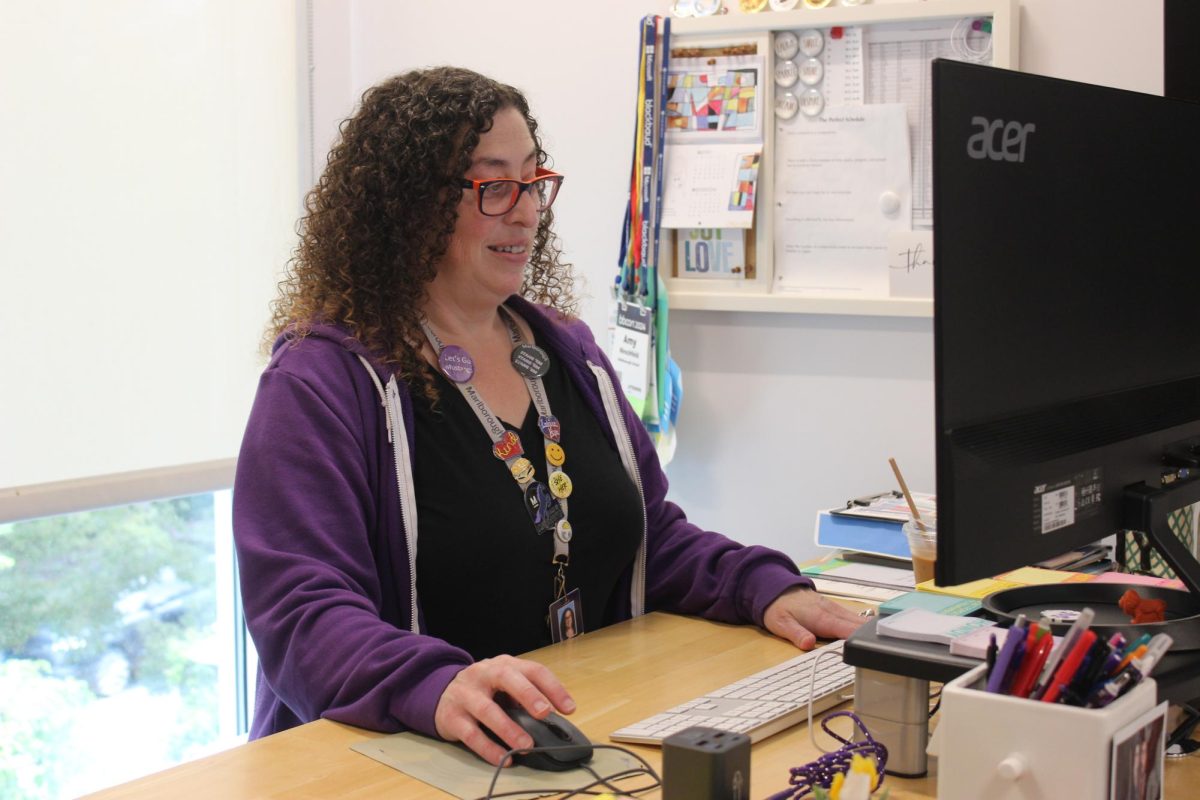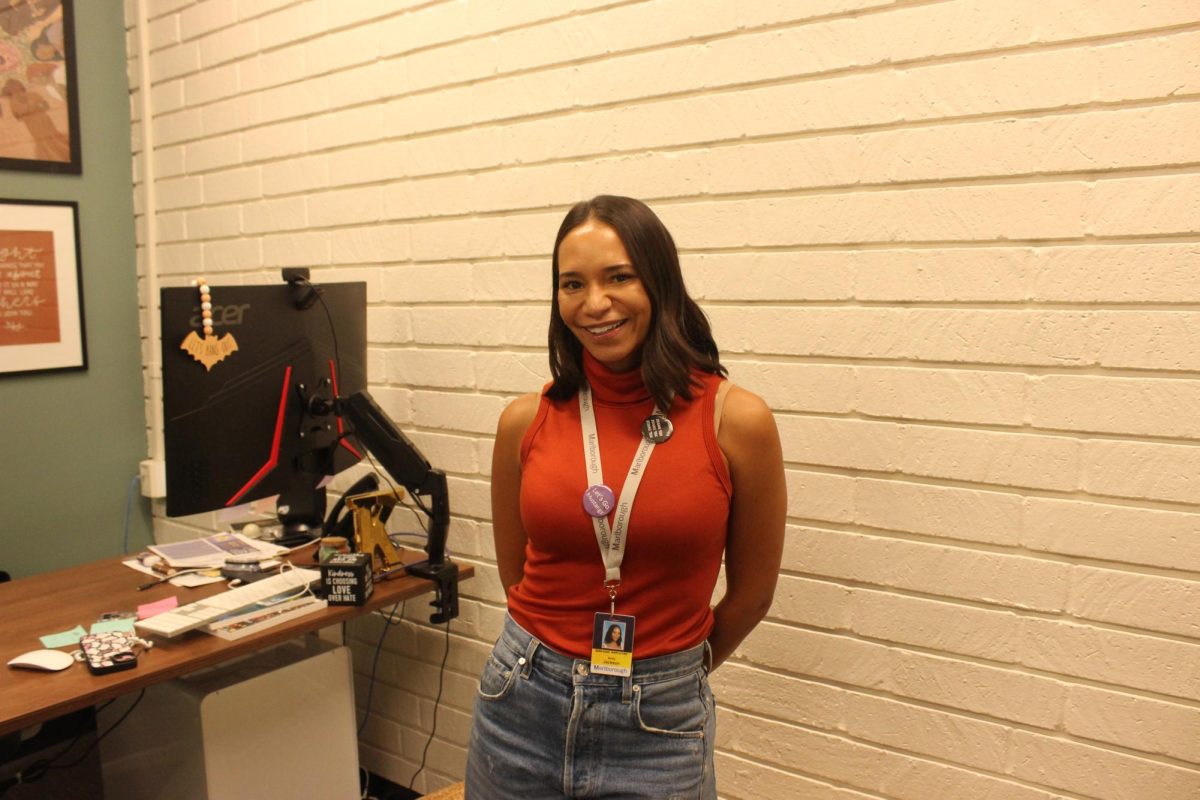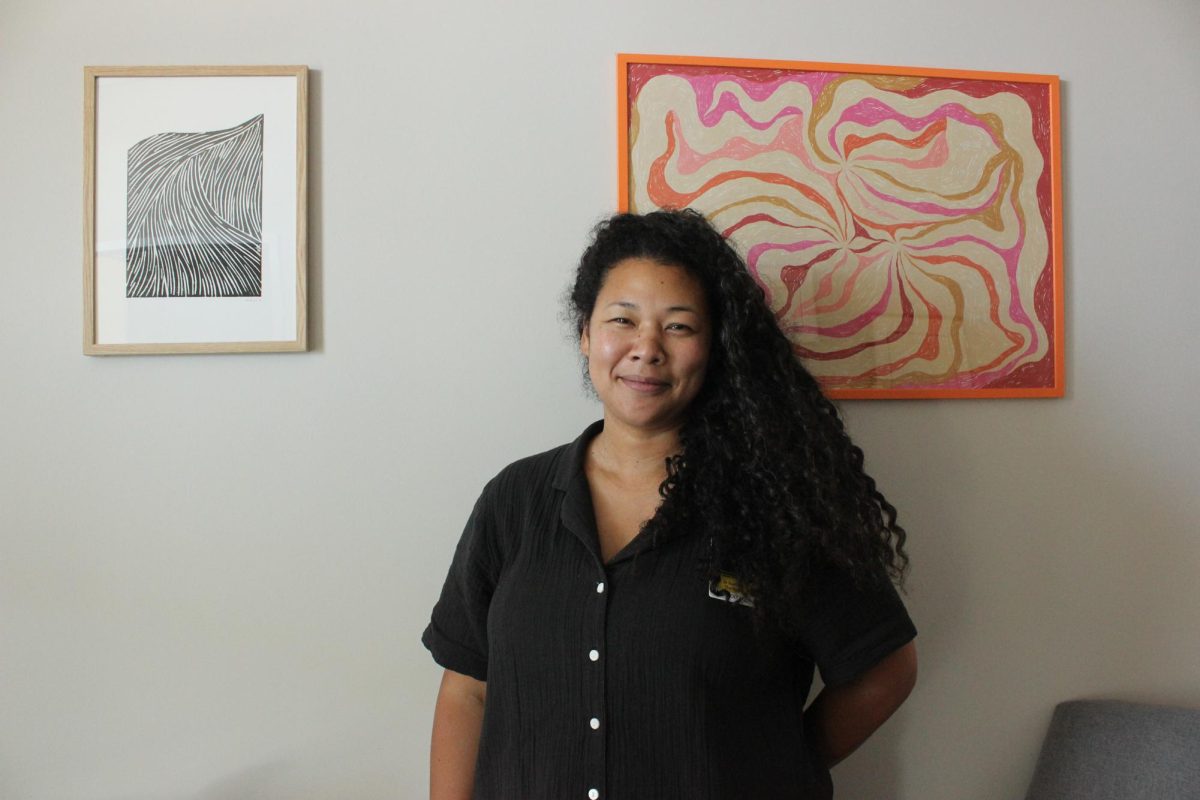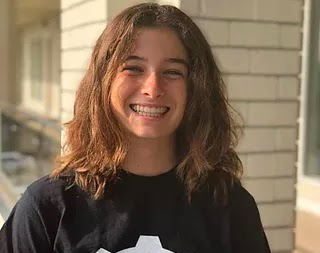
Honors Research in Science student Sofia ’21 will be presenting her analysis on the effectiveness of an injury tracking device at the annual professional conference for The Gait and Clinical Movement Analysis Society in June. Now in her second year of Honors Research, Sofia is preparing her research from last year for her presentation, while also furthering her individual data collection.
Sofia started Honors Research in her junior year at Marlborough with the hope of expanding her research skill set and challenging herself. She was granted the opportunity to work with the Children’s Hospital of Los Angeles Motion Analysis Lab where she studies injury tracking and prediction using the lower extremity dexterity test. This device measures the dexterity, or motor skills, of the lower limbs (leg, ankle and foot), which, according to Sofia, is correlated in other studies to predicting chance of injury.
“Originally, when I first entered Honors Research, I wanted to do an engineering and biology or medicine lab,” Sofia said. “This lab was a good fit. They were looking for someone to work there and we already had a relationship with them. There was a little bit of engineering and a little bit of medicine, so it matched my interests, and still does.”
In Sofia’s first year of Honors Research she used data from the LED-test that other scientists collected, and analyzed ACL-injured participants compared to healthy participants. An ACL injury is a tear or sprain of the anterior cruciate ligament, which is found in the middle of the knee.
“The data was inconclusive, but we did find in general the ACL patients had a slightly higher dexterity than the other participants, which doesn’t really make any sense because we expected them to have a lower dexterity,” she said. “So, we suspect that it’s because of recovery, because most of them are eight months out of their ACL reconstruction.”
Sofia wrote an in-depth research paper that analyzed her findings. Wanting to share her research, she submitted her abstract to the GCMAS’ annual conference where it was accepted. The organization GCMAS is dedicated to spotlighting and helping scientific research initiatives in movement disorders, and hosts a conference every year for scientists to share their research. According to Sofia, presenting at a professional conference is a rare opportunity for undergraduate students, so being offered such an opportunity as a high school student is even more rewarding.
“It’s really exciting, and I’m super proud and nervous,” she said. “I mean it’s a whole bunch of adults and me, a high schooler. It’s crazy for me.”
After completing her initial research last school year, Sofia spent the first half of this school year planning for the next phases of her project and is ready to start implementing her plans.
“The next steps are collecting data on campus, which means I need to recruit athletes at Marlborough to be in my study,” she said. “I will start to analyze whatever data I collect and start to figure out how the test works, and if it works in preventing or predicting injuries, and if it actually shows something else.”
But despite her accomplishments, Sofia is not immune to the effects COVID has had on the research process.
“I can’t go to Children’s Hospital because they’re not allowing student researchers and volunteers, so I’ve been working with trying to collect data on Marlborough’s campus,” she said. “I’m trying to make the best of what I’ve had. It’s definitely been hard.”
Though the pandemic has hindered some of Sofia’s research, she finds the experience invaluable and advises others to try the course as well.
“I would say go for it,” she said. “Just do it. If you’re really interested you should start in 11th grade. In 12th grade you for sure will learn a lot, but by doing it since 11th you get to do things like publishing papers and talking in conferences. Even just considering it means that you should try it.”

